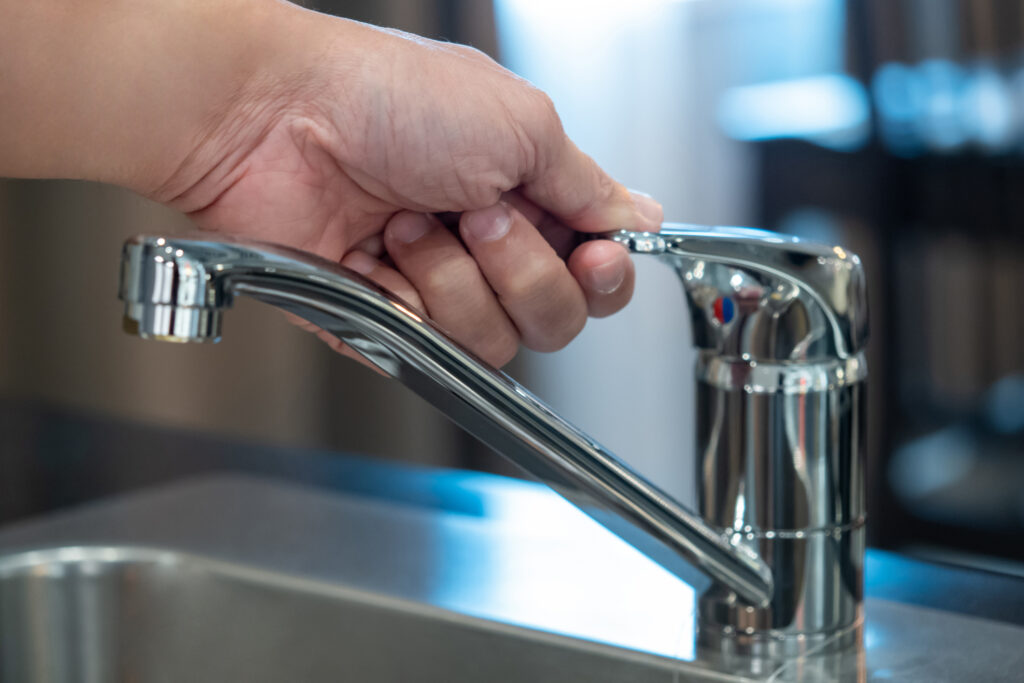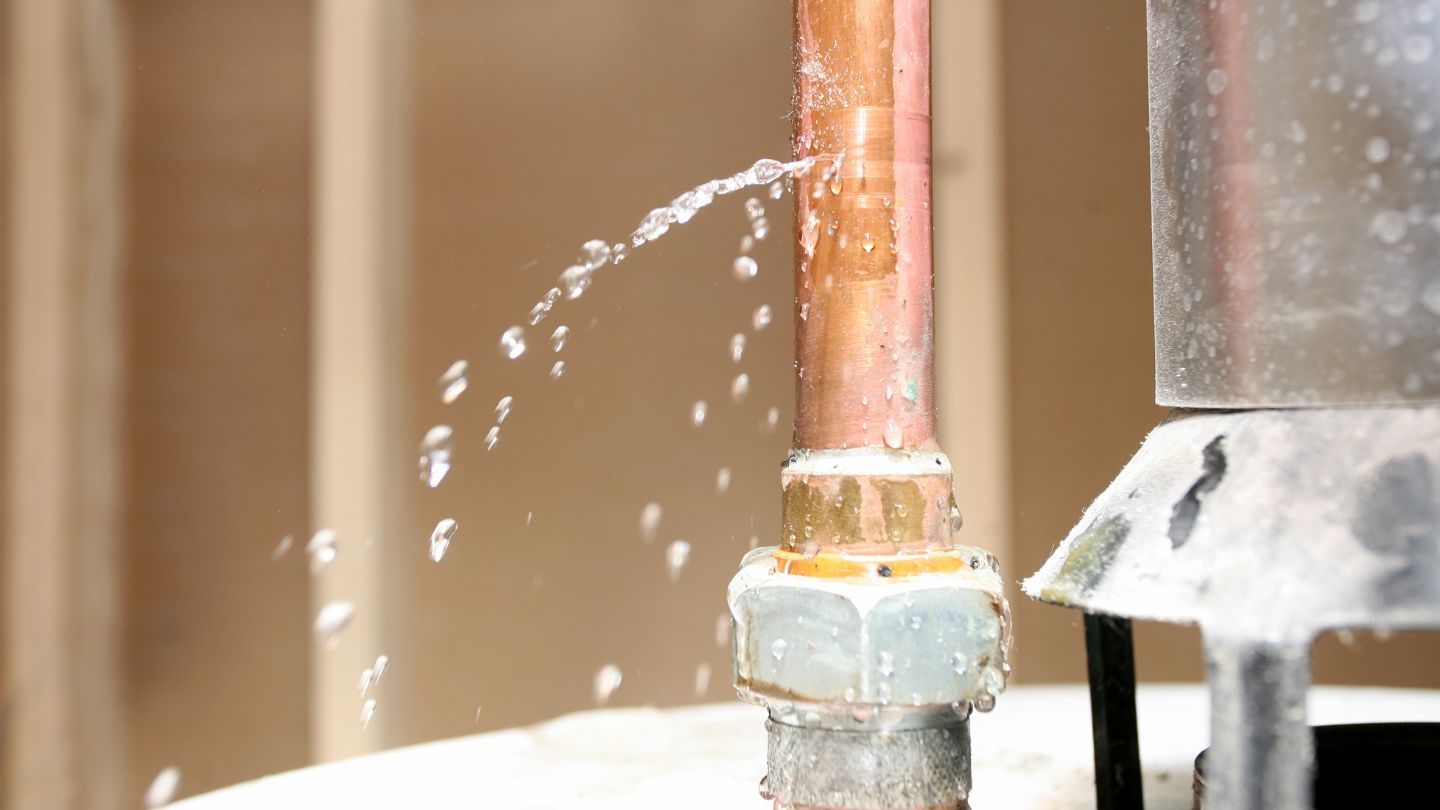Pipefitter vs Plumber: What’s The Difference?
Pipefitters and plumbers are ready and willing to help with piping, making sure that the systems work perfectly. The two careers have many similarities but are distinct, making you wonder, what’s the difference between a plumber and a pipe fitter? A pipe fitter specializes in handling complex piping systems in commercial and industrial settings, requiring technical skills and problem-solving abilities. They face unique challenges and work environments compared to plumbers.
Plumbers install, maintain, and repair water-based systems, including pipework and fixtures in both residential and commercial settings. Their responsibilities are distinct from those of pipe fitters, who handle more industrial systems.
Overview of Plumbers and Pipefitters
Plumbers and pipefitters are two distinct professions that play a crucial role in ensuring the proper functioning of piping systems in various settings. While both professions involve installing, maintaining, and repairing pipes, they have unique differences in terms of their job responsibilities, work environments, and required skills.
Plumbers are responsible for installing, maintaining, and repairing water and waste systems in residential and commercial locations. They work with low-pressure pipe systems, fixtures, and fittings, and are often involved in designing piping systems, connecting heating and cooling systems, and unclogging toilets, sinks, and garbage disposals. Plumbers typically work with materials like copper, PVC, and galvanized pipes.
On the other hand, pipefitters are specialists who focus on high-pressure systems, often working in industrial or manufacturing settings. They install and repair pipes that carry hazardous materials like acids, chemicals, and steam, and require solid welding skills and a working knowledge of mathematics, physics, and chemistry. Pipefitters work with heavier materials and different kinds of metal, and are often involved in handling high-pressure substances and maintaining power plants.
Duties of Plumbers and Pipefitters
While the two professionals both repair and maintain pipes, the difference is in the type of system they work on. Plumbers are more inclined to water-based systems like water heaters and sewage lines, sometimes also checking appliances like washing machines, laundry machines, and dishwashers. Pipefitters, however, usually work on high-pressure piping of heavier materials like galvanized steel.
Work Environment in Residential and Commercial Locations
Another difference between the two is that they work in different industries. You will find plumbers in residential, commercial, and industrial buildings installing and repairing systems, while pipefitters are typically in industrial environments. Their work involves piping necessary for large-scale operations in a more fast-paced industrial environment.
Skills
Another difference between a pipefitter vs. plumber is how they have unique skills to handle their jobs. Take plumbers, for instance; they benefit most from having excellent communication skills to deal with customers and can easily build relationships. On the other hand, pipefitters must have specialized skills to handle heavy and complex systems designed to handle high-pressure materials for them to stand out.
Equipment for Plumbing Systems
Since the two have different skill sets and work in separate environments, it is expected that their tools are also distinct. Plumbers rely on wrenches for the sink, pipes, and other types to get the job done. Their equipment is simpler because they deal with metals like copper and PVC. In contrast, pipefitters use more elaborate tools like pipe threaders and welders, which are handy during the cutting and installation of heavy metals like high-carbon steel and other high pressure materials.
Training and Education for Plumbers and Pipefitters
There are also some similarities in the type of training needed for both careers but with some specialization. To be a plumber, you need training on plumbing systems, drainage systems, and how to repair and maintain building fittings. Pipefitting education entails learning about electric and gas piping, welding, and other skills needed for industrial systems.
Salary and Job Outlook
According to the Bureau of Labor Statistics, the median annual salary for plumbers and pipefitters is around $56,000. However, salaries can vary depending on the industry, location, and level of experience. For example, pipefitters working in power plants or industrial settings may earn higher salaries than plumbers working in residential areas.
In terms of job outlook, both plumbers and pipefitters are in high demand, with the Bureau of Labor Statistics predicting a 14% growth in employment opportunities for plumbers and pipefitters from 2020 to 2030. This growth is driven by the need for skilled tradespeople to install and maintain piping systems in new construction projects, as well as to repair and replace aging infrastructure.
Overall, both plumbers and pipefitters play critical roles in ensuring the proper functioning of piping systems, and offer rewarding career opportunities for those interested in working with their hands and solving complex problems.
Opportunity To Specialize
Plumbers can specialize in fields like water supply or repair, making them more skilled in particular aspects of plumbing. They can also take further studies to become project managers or heads of plumbing for projects. For pipefitters, who are technically specialized plumbers, they can choose to narrow down to specific industries instead. That’s why you find professionals like medical pipefitters who only work in the healthcare industry.
Read more: DIY Plumbing vs Hiring a Professional Plumber: Which is Better?
Wrap Up
Pipefitting and plumbing may sound the same, but they are two different career paths. They come with special skill sets to get the job done in various capacities. If you need any plumbing services in Kennesaw, contact A-Total Plumbing to get the right people for the job.
Whether you’re dealing with House Leaks, Yard Leaks, Water Heater Leaks, Whole House Stoppages, Hot Water Issues, Water Heater Installation, Toilet Problems, Faucets, or Gas Leaks, our expert team is here to provide reliable solutions for all your plumbing needs.



